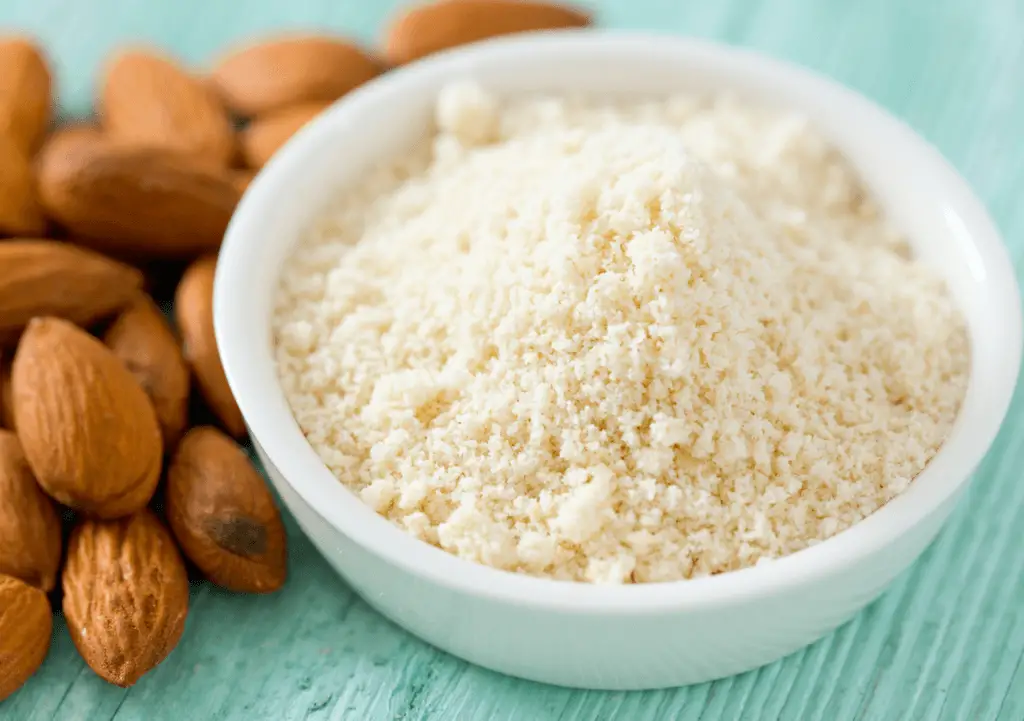Choosing the right flour is crucial for managing diabetes. Since keeping the blood sugar in check can be very difficult, people with diabetes have to pay attention to what they are consuming on a daily basis. That is why this guide can come in handy.
Whole grains are a great source of fiber, but they are not the only suitable source of fiber. Vegetables can give our body the necessary daily amount of fiber as well. For example, one slice of whole-wheat bread contains 1.9g of fiber.
While a single carrot has 2.3g. Even though their fiber content may vary, vegetables are still a great source of fiber. Plus, they contain plenty of minerals, vitamins, and antitoxins, more than grains do. Therefore, we don’t have to consume grains to get the necessary amount of fiber.
Grains Affect the Blood Sugar
Most people experience sudden spikes in their blood sugar after consuming most types of flour. As a result, we recommend you don’t consume any grain flours at all. Take the buckwheat for example. It has a GI of 49, which makes it pretty low.
However, right after you turn the buckwheat into bread, its GI raises drastically and becomes 67. In other words, the bread can quickly affect the blood sugar level, and it is more intensive than the raw whole grain.
The reason for this is the process of making the grain into flour. It completely alters the carb and fiber content, which for people with diabetes can be very problematic. Moreover, a different example would be wheat kernels.
They have a low GI of 30. But, once you make it into flour, it GI becomes 74.
Which Flour to Choose?
Whole grains are a good option for people with diabetes. But, the production of the refined grains, or the white stuff, only strips the grain from its nutrients. Therefore, whole grain flour might not be a good idea for everyone with diabetes.
After all, it all depends on how the body may react to it. As a result, we recommend the following flours:
- Almond flour;
- Coconut flour;
- Sesame flour;
- Ground flaxseed meal.
The majority of nut flours may be ideal for people with diabetes. Plus, they are perfect for baking.
Choosing the Right Flour Can Cut the Carbs
It is important to limit the number of carbs you consume on a daily basis. Therefore, the classic burger may seem tasty, but it is important to focus on what is right for you and your body. Here are the nutrition facts of the flours we recommended you try.
- Almond flour contains: total carb – 12g and net carb – 6g;
- Coconut flour contains: total carb – 68g and net carb – 24g;
- Sesame flour contains: total carb – 10g and net carb – 10g;
- Ground flaxseed meal contains total carb – 16g and net carb – 0g.
Here are the flours we do not recommend for people with diabetes.
- Brown rice flour contains: total carb – 60.4g and net carb – 56.8g;
- White rice flour contains: total carb – 63.3g and net carb -62g;
- Barley flour contains: total carb – 55.1g and net carb – 47.6g;
- Semolina contains: total carb – 60.8g and net carb -57.5g;
- Whole-wheat flour contains total carb – 43.1g and net carb – 36.7.
Key Note
Choose the flour that suits your body the most. The best way to know is to try. Therefore, feel free to try the flours we recommend if you want to keep the blood pressure in check and eat healthy and tasty foods.
Also, make sure to consult with your doctor before making any dietary changes.



